-
English (US)
Choose your OTT HydroMet brand and region:
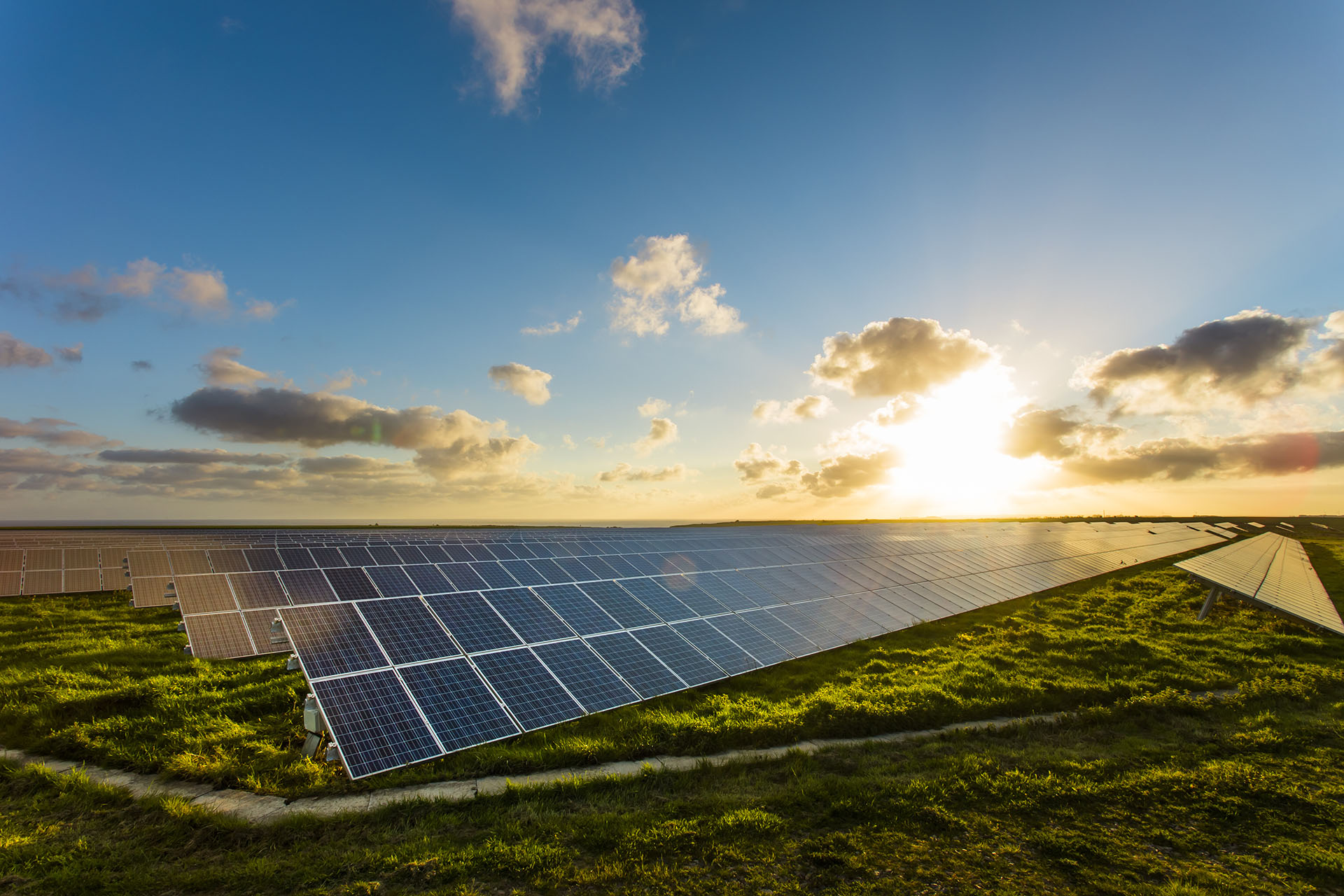
For large PV installations, even small relative fluctuations in performance can make a huge difference to overall productivity. That’s why meteorological monitoring is key to determine whether variations in output are due to the weather, or indicative of more serious hardware malfunction.
Meteorological monitoring is relevant in every stage of a PV plant’s life cycle, for site assessment as well as during operation for solar resource monitoring.
Fluctuations in a PV plant’s output are inherent and caused by various reasons. Without a quick and adequate reaction, plant operators lose time and money. In addition, underperformance of PV plants may lead to penalties.
Calculate real-time performance using premium sensors to measure irradiance, module temperature, soiling, and other environmental parameters such as air temperature, wind speed and direction, and precipitation.
Performance monitoring based on reliable weather information is key to understand plant behavior. It helps to identify the best spot for the panels, to troubleshoot output fluctuation, and, finally, to maximize profit.
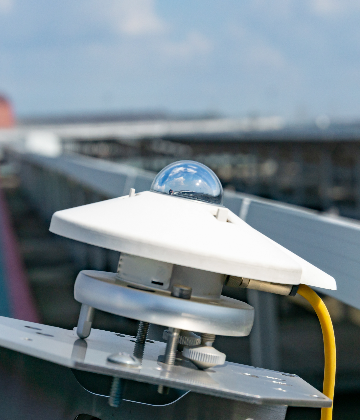
For large PV installations, even small relative fluctuations in performance can make a huge difference to overall productivity. That’s why meteorological monitoring is key to determine whether variations in output are due to the weather, or indicative of more serious hardware malfunction.
Meteorological monitoring is relevant in every stage of a PV plant’s life cycle, for site assessment as well as during operation for solar resource monitoring.
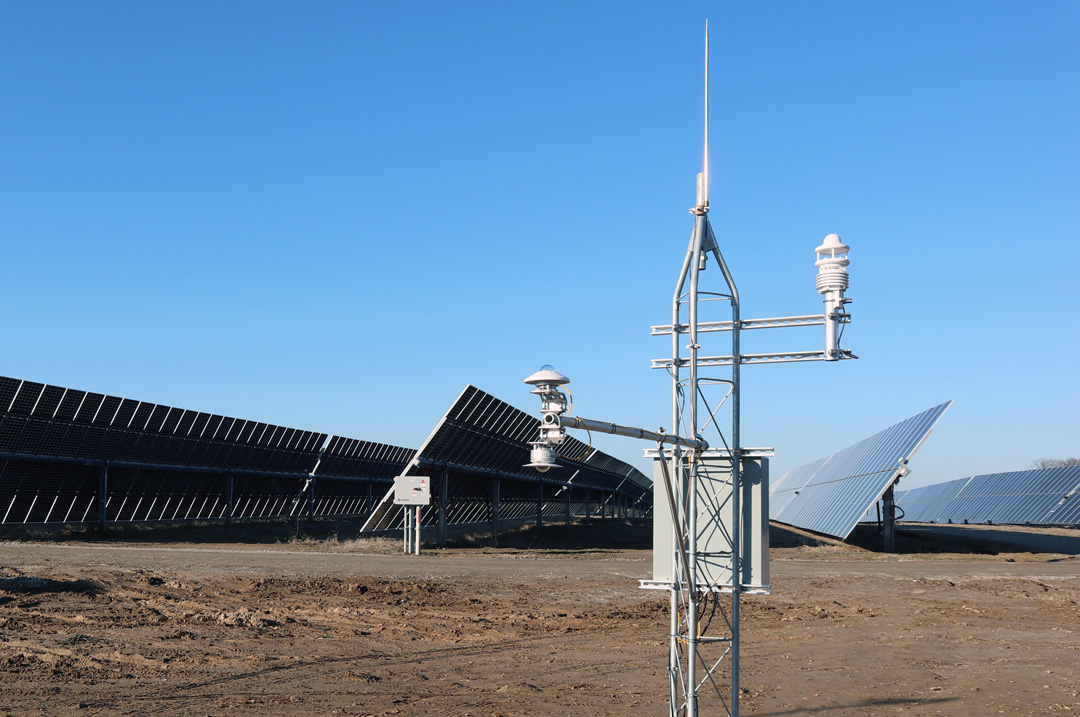
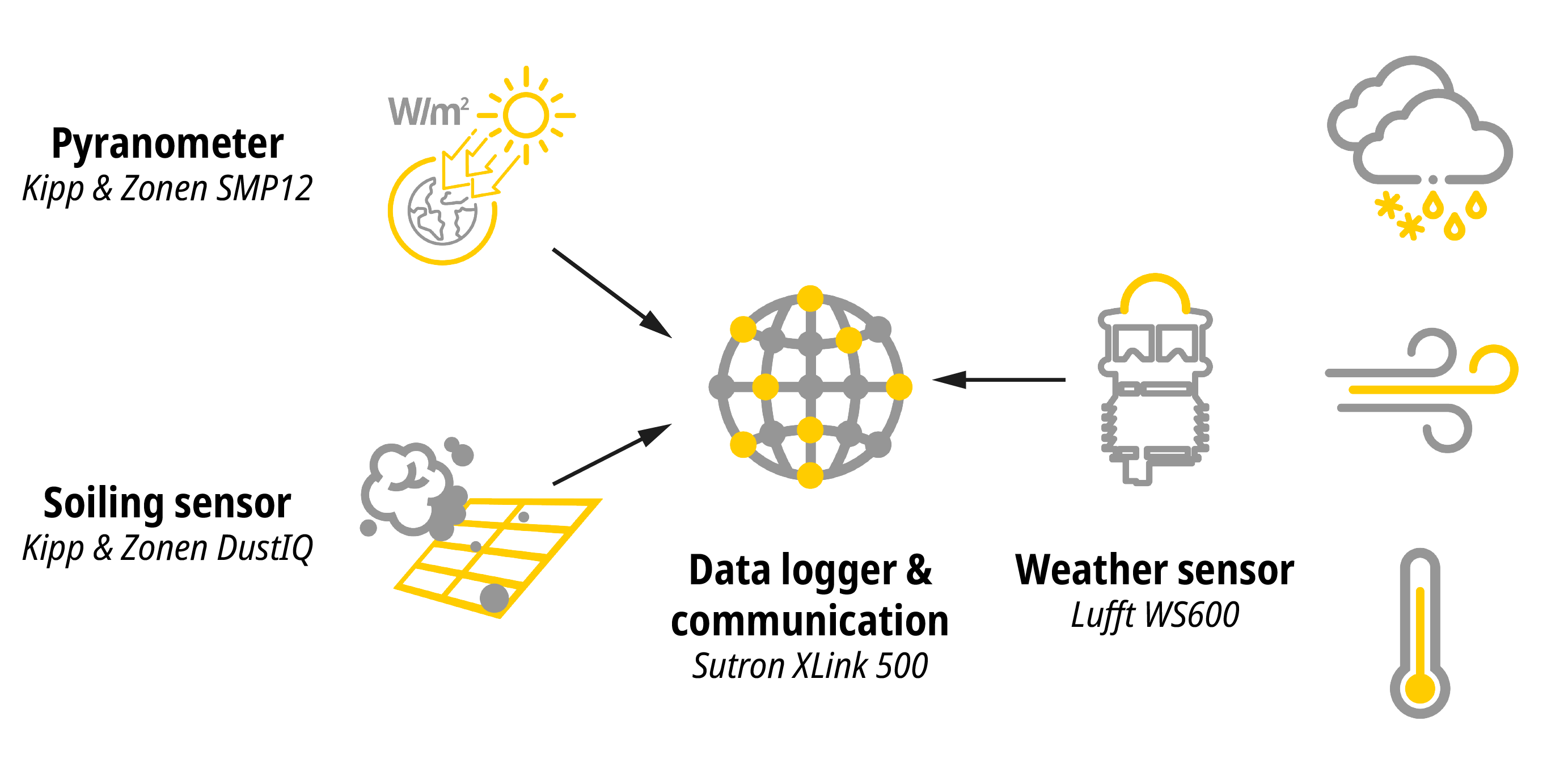
View our complete range of solutions, designed to meet a range of performance levels – from reliable entry-level sensors to high-quality solar instruments, to the highest-accuracy atmospheric instruments for scientific research and network use.
The new SMP12 is a fast response, spectrally flat Class A pyranometer that combines solid-state dome heating, with no moving parts, and best-in-class surge protection to maximize accuracy and minimize maintenance.
DustIQ monitors the loss of light transmission caused by dust on PV panels using Kipp & Zonen’s new and innovative Optical Soiling Measurement (OSM) technology.
The Sun Trackers are all-weather, reliable, and affordable tracking and positioning instruments. Either as a dedicated Sun Tracker or as a computer based Positioner.
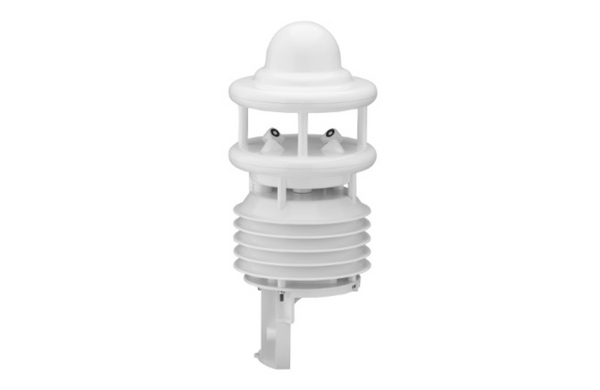
The Lufft WS600 is a compact all-in-one weather station with measurement of: temperature, relative humidity, dew point, type, intensity and amount of precipitation, air pressure, and direction and speed of wind.
The Sutron XLink is a multi-sensor input logger with digital and analog, along with 4G LTE cellular data transmission. Easily connect all instruments to the XLink, that forwards the data to any SCADA system.
Learn More
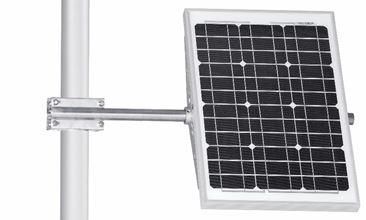
During the site assessment stage, usually no power supply is available. Thanks to power-efficient instruments, the weather station can operate continuously on solar panels and a rechargeable battery.